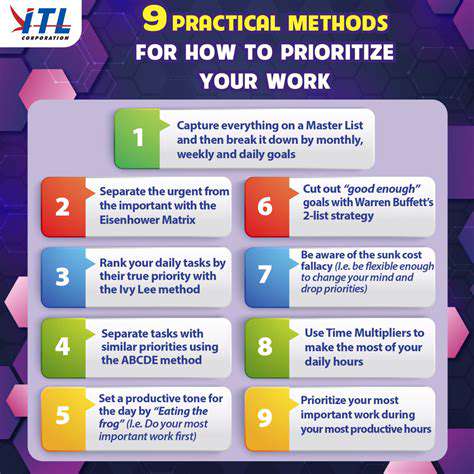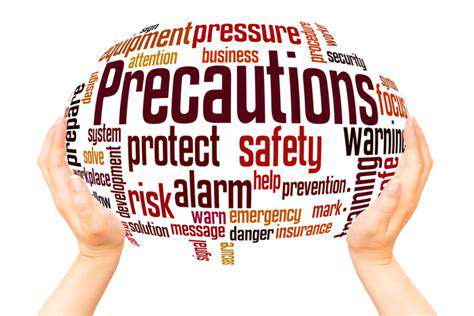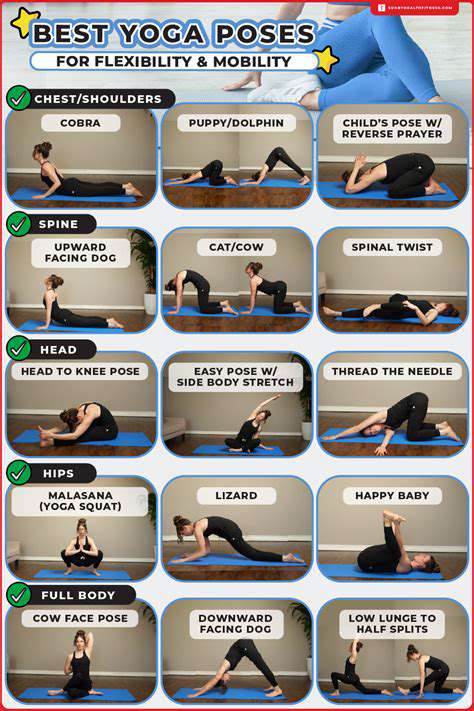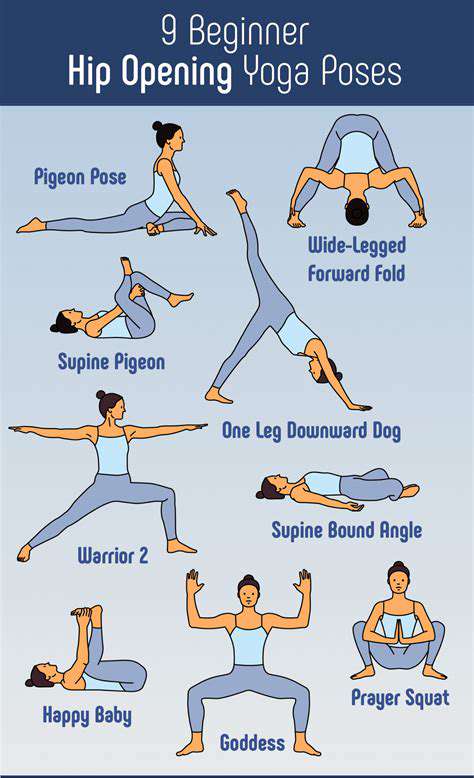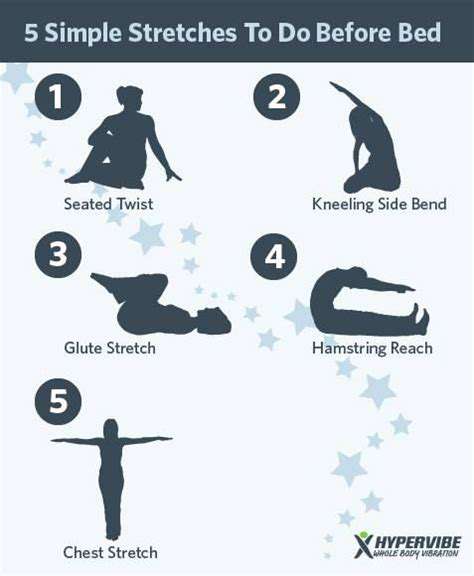Choosing the Right Walking Shoes for Senior Comfort and Safety
Understanding the Importance of Senior Foot Health
Maintaining healthy feet is crucial for seniors, impacting their mobility, balance, and overall well-being. Proper foot care can prevent painful conditions, reduce falls, and enhance the quality of life. Ignoring foot problems can lead to significant discomfort and even more serious health issues as seniors age, so proactive assessments are vital.
As we age, our feet undergo various changes, such as loss of cushioning, reduced flexibility, and changes in bone structure. These changes make seniors more susceptible to foot injuries and conditions. Recognizing these changes and addressing them proactively is key to preventing future problems.
Identifying Common Foot Problems in Seniors
Seniors are susceptible to a range of foot ailments, including bunions, hammertoe, plantar fasciitis, and ingrown toenails. These conditions can cause significant pain and discomfort, impacting mobility and daily activities. Early detection and appropriate treatment are essential for managing these issues effectively.
Diabetic neuropathy, a common complication of diabetes, can also affect seniors' feet, leading to nerve damage and decreased sensation. This can make it challenging to detect injuries or infections, highlighting the need for regular foot exams and meticulous foot care.
Assessing Mobility and Balance
Seniors' foot health is intrinsically linked to their overall mobility and balance. Poor foot support or pain can lead to altered gait, increasing the risk of falls. Evaluating gait patterns and assessing the stability of the feet is essential for identifying potential issues and developing personalized solutions.
Factors such as footwear choices, the presence of any existing conditions, and the level of physical activity should be considered when assessing mobility and balance. Understanding these factors allows for the development of tailored strategies for maintaining stability and preventing falls.
Evaluating Footwear and Support
Appropriate footwear plays a significant role in maintaining senior foot health. Properly fitting shoes that provide adequate arch support, cushioning, and stability are crucial for preventing pain and discomfort. Seniors should avoid shoes with high heels or those that do not provide sufficient support.
The type of footwear should be tailored to specific activities and needs. For example, supportive shoes are essential for walking or standing for extended periods, while comfortable slippers might be best suited for indoor use. Consulting with a podiatrist can help identify the most suitable footwear options for individual needs.
Considering Medical History and Medications
A thorough understanding of a senior's medical history is critical in assessing their foot health. Pre-existing conditions, such as diabetes, arthritis, or nerve damage, can significantly affect foot health and require specific considerations in the assessment process.
Certain medications can also impact foot health. Some medications may cause dryness, cracking, or increased sensitivity in the feet. Understanding the potential side effects of medications is crucial for identifying potential risks and developing appropriate care strategies.
Lifestyle Factors and Daily Activities
Lifestyle factors significantly influence senior foot health. Factors like daily activities, level of physical activity, and overall health habits all contribute to the well-being of the feet. Assessing a senior's daily routine and activity levels can reveal potential risk factors.
Professional Assessment and Recommendations
Regular professional assessments by podiatrists are crucial for maintaining optimal senior foot health. Podiatrists are trained to diagnose and treat a wide range of foot problems, providing personalized recommendations for footwear, support, and care. They can also offer advice on lifestyle modifications to prevent future issues.
A podiatrist can conduct a comprehensive assessment, including a thorough examination of the feet, gait analysis, and evaluation of any existing conditions. This allows for the development of a tailored plan to address any concerns and promote healthy feet for years to come.
Key Features to Look for in Senior Walking Shoes

Experience and Qualifications
A crucial aspect of evaluating a senior professional is their demonstrable experience in the field. A strong track record of success, ideally with quantifiable results, is highly indicative of their competence and ability to deliver. Look for candidates with a history of leading projects, managing teams, and achieving significant accomplishments within their previous roles. This experience offers valuable insights into their problem-solving skills and ability to navigate complex situations.
Specific certifications or licenses relevant to the position are also important indicators of expertise. These credentials often demonstrate a commitment to professional development and adherence to industry standards. Furthermore, consider the candidate's educational background and any advanced degrees they may hold. These factors can provide a deeper understanding of their knowledge base and potential contributions.
Leadership and Management Skills
Effective leadership is essential for senior roles, and it's crucial to assess a candidate's ability to inspire and motivate teams. Look for evidence of leadership qualities such as delegation, communication, and conflict resolution. Excellent communication skills are particularly vital for senior professionals, who often need to present complex ideas clearly and concisely to diverse audiences.
The ability to effectively manage resources, both human and financial, is another key characteristic of successful senior professionals. Evidence of managing budgets, leading teams, and achieving company goals within allocated resources is a strong indicator of their proficiency.
Technical Proficiency and Knowledge
In many fields, technical expertise is paramount. A senior professional should possess a strong understanding of the latest technologies and industry trends, and this is a critical area to evaluate. Assess their knowledge of relevant software, tools, and methodologies. Demonstrated proficiency in specific technologies and experience adapting to evolving industry standards is a significant asset.
Furthermore, consider their ability to apply this knowledge to solve real-world problems. Look for examples of how they have leveraged their technical expertise to achieve results in past roles. This practical application of knowledge is essential for effective decision-making and problem-solving in a senior capacity.
Cultural Fit and Communication
Beyond technical skills and experience, a strong cultural fit within the organization is important for long-term success. Assess how well the candidate's values and work style align with the company's culture. This factor can significantly impact team dynamics and overall productivity. It's crucial to ensure the candidate's communication style is compatible with the team and the company's values.
Excellent interpersonal and communication skills are essential for building strong relationships with colleagues, clients, and stakeholders. Look for evidence of effective communication, active listening, and the ability to build rapport with diverse individuals. These skills are critical for fostering collaboration and achieving shared goals.

Beyond the Basics: Additional Considerations for Senior Walking Shoes

Hidden Costs and Unexpected Expenses
Beyond the obvious upfront costs, many software implementations come with hidden expenses. These can include ongoing maintenance fees, subscription charges for additional features, or the need for specialized training to effectively utilize the software. These costs can quickly escalate and significantly impact your budget if not carefully considered during the planning phase.
Furthermore, there's often an unexpected need for customization or integration with existing systems. These modifications can add substantial time and financial burdens, leading to delays and unexpected costs that weren't anticipated in the initial budget.
Integration Challenges
Integrating new software with existing systems can be a complex and time-consuming process. Compatibility issues and data migration problems can cause significant disruptions to your daily operations, and potentially lead to costly downtime. Careful planning and thorough testing are essential to mitigate these risks and ensure a smooth transition.
Training and Support Needs
New software requires employees to learn new skills and processes. Adequate training programs are crucial for maximizing the software's benefits and minimizing errors. Ignoring this aspect can lead to a steep learning curve for employees and hinder productivity until they reach a proficient level.
Moreover, reliable and responsive technical support is critical to resolving issues and maintaining optimal performance. Without adequate support, users may struggle with the software, leading to decreased efficiency and potentially significant lost productivity.
Scalability Concerns
Software solutions should be able to grow with your business needs. Failing to consider future scalability can lead to limitations and bottlenecks as your organization expands. Investing in software that can adapt to increasing workloads and data volumes is essential for long-term success.
Choosing a solution that can scale will prevent future costly upgrades or replacements. This careful consideration can save considerable time and money down the line.
Security Risks and Data Protection
Modern software often handles sensitive data, making security a critical concern. Failing to implement robust security measures can expose your organization to data breaches, leading to significant financial losses, reputational damage, and legal repercussions. Investing in strong security protocols from the start is crucial.
Data breaches can also have legal ramifications, as many industries have specific regulations and standards for data protection. Compliance with these regulations is not optional and must be factored into the decision-making process.
Vendor Lock-in and Contractual Obligations
Choosing the wrong software vendor can lead to vendor lock-in, making it difficult and expensive to switch to another solution in the future. Thoroughly evaluating vendor reputations, contract terms, and exit strategies is essential to avoid this problem. A poor vendor relationship can lead to a costly and frustrating experience.
Understanding the contractual obligations associated with the software license is crucial. Hidden clauses and unexpected fees can emerge later on, impacting your budget and potentially causing significant financial strain.

